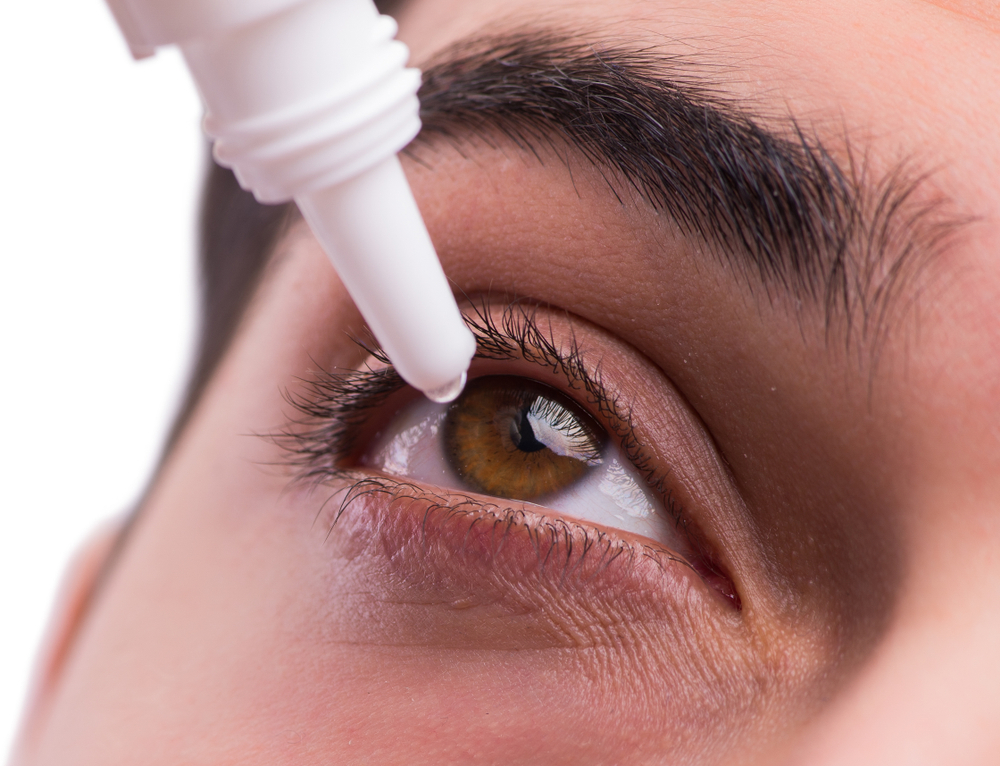
Seasonal allergies can take a toll on your eyes. Itchy, watery, or red eyes are some of the most common symptoms, and many people turn to allergy medications for relief. While these treatments can ease discomfort, they may also have side effects that impact your vision and eye health. Knowing how different allergy medications affect your eyes can help you make informed choices and keep your vision clear.
How Allergies Affect the Eyes
Allergies often cause itchy, watery, and red eyes, a condition called allergic conjunctivitis. Pollen, pet dander, mold, and dust mites can all irritate the eyes, leading to swelling, discomfort, and sensitivity to light. That’s why allergy medications are often a go-to treatment - but they can come with side effects that affect your vision.
Antihistamines
Antihistamines are one of the most widely used treatments for seasonal allergies. They block histamine, the chemical responsible for many allergic reactions. While effective at reducing itching and swelling, antihistamines can also cause dry eyes by reducing tear production. This may leave your eyes feeling gritty or irritated.
Decongestants
Some medications combine antihistamines with decongestants to reduce nasal congestion. However, decongestants can cause the pupils to dilate, sometimes leading to increased eye pressure - a potential concern for those with glaucoma.
Eye Drops
Over-the-counter allergy eye drops provide quick relief for redness and itching, but frequent use of decongestant-based drops may lead to rebound redness, making your eyes appear redder once the effects wear off. Prescription allergy drops, often containing antihistamines or mast cell stabilizers, may offer safer long-term relief.
Managing Eye Health While Taking Allergy Medications
If you depend on allergy medication, you don’t have to sacrifice eye comfort. Here are a few strategies to protect your vision:
• Stay Hydrated: Drinking plenty of water helps your body and your eyes stay hydrated.
• Use Artificial Tears: Preservative-free lubricating eye drops can combat dryness caused by antihistamines.
• Avoid Rubbing: Rubbing may worsen irritation and increase swelling.
• Wear Sunglasses Outdoors: Sunglasses help shield your eyes from airborne allergens like pollen.
• Schedule Regular Eye Exams: Your optometrist can detect medication-related side effects early and suggest safe treatment options.
Protect Your Eyes This Allergy Season
Allergy medications are a powerful tool for managing seasonal discomfort, but they can also affect your eyes in ways you might not expect. By being aware of potential side effects and taking steps to protect your eye health, you can enjoy clearer vision and greater comfort year-round.
If you’re experiencing allergy-related eye issues or have concerns about your medications, our team at Brandon Eyes is here to help. Visit our office in Middleton or Madison, Wisconsin. Please call (608) 833-7256 or (608) 833-0301 to book an appointment today.










